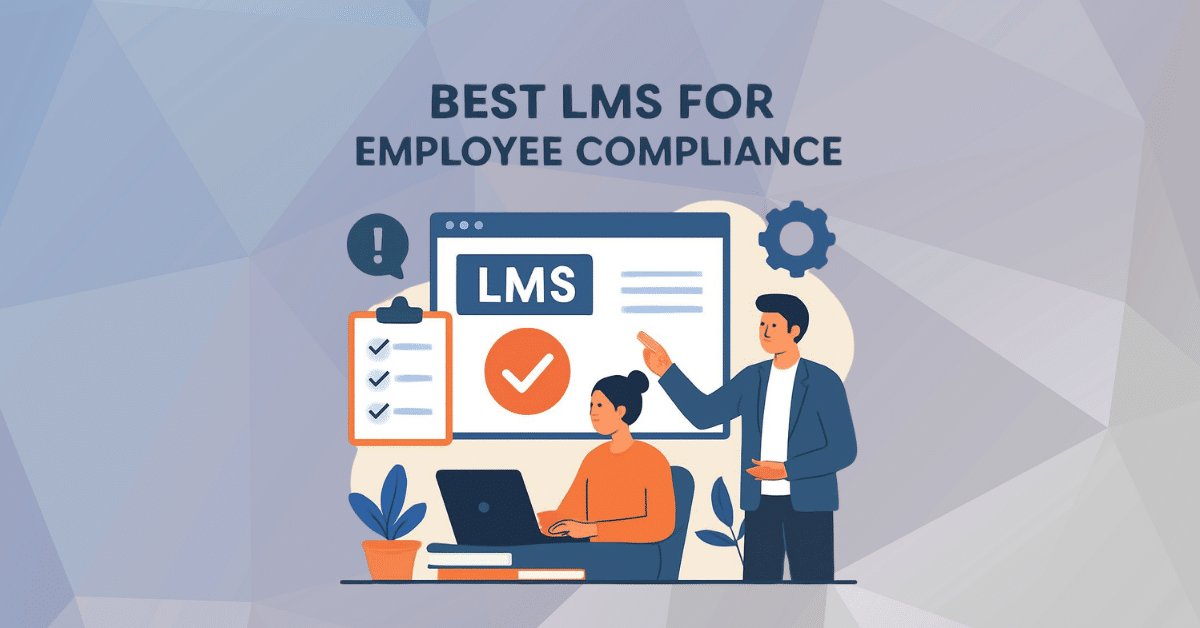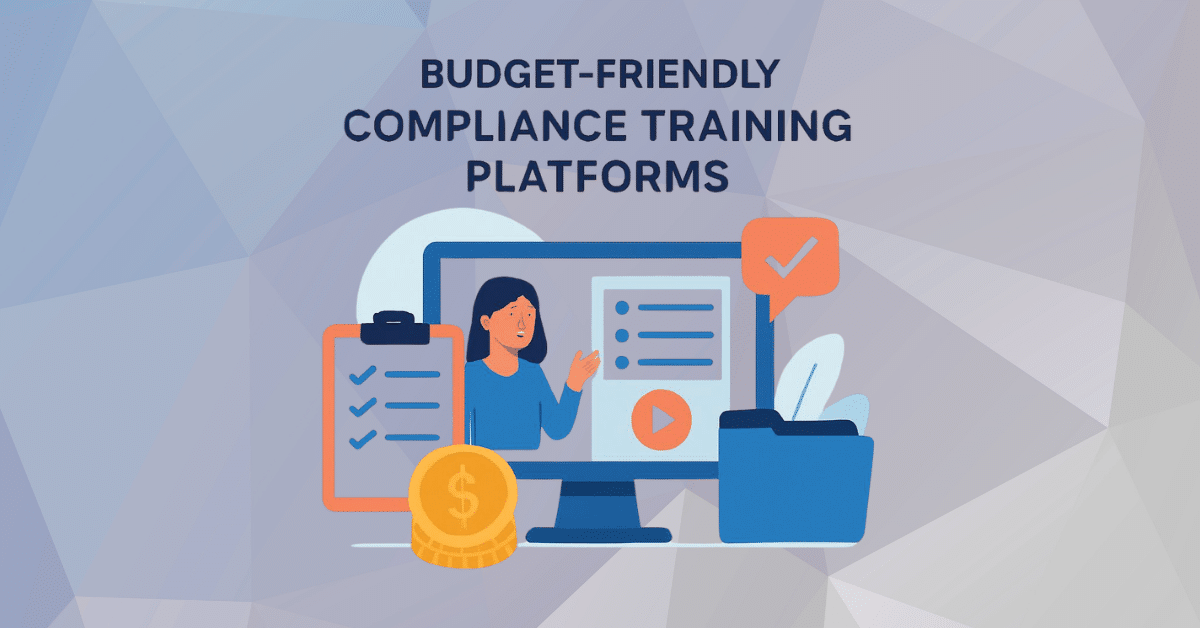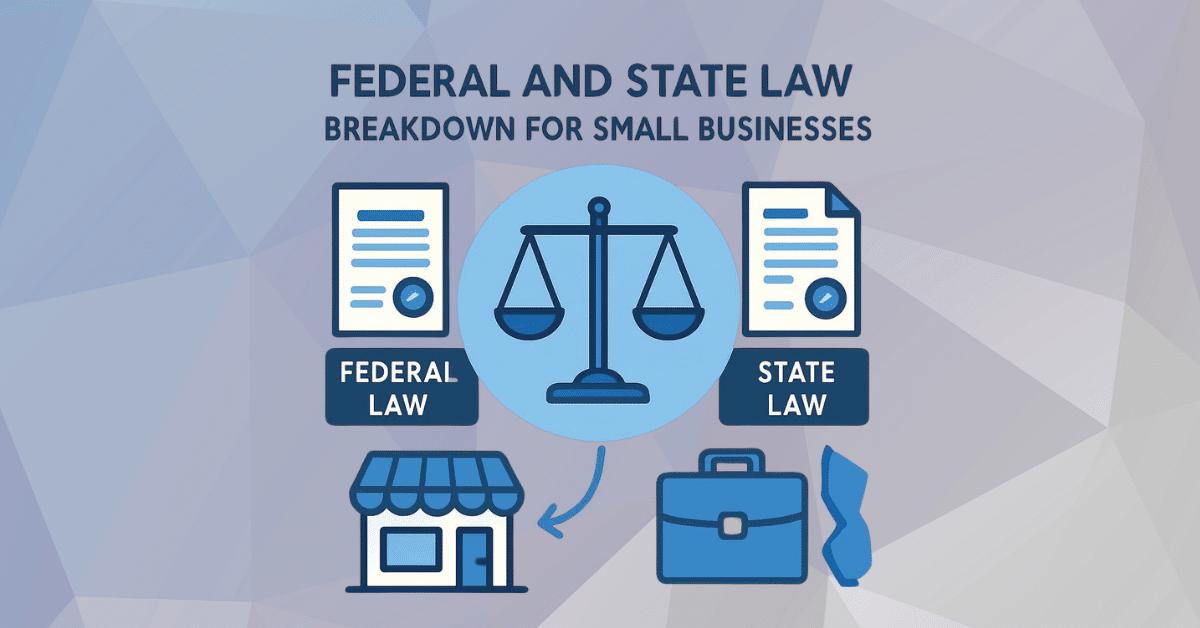An HR director once described a wake-up call after what was supposed to be a routine audit. Training logs were sparse, policies were outdated, and a single complaint revealed gaps across the company. Within weeks, leadership moved from “we meant to do it” to a consistent program with clear records. That kind of shift matters because New York’s sexual harassment training rules carry real legal and business risk when employers skip them or treat them as a checkbox.
This guide explains how penalties work, how State and City enforcement fit together, and what practical steps you can take to reduce your risk.
Understanding Sexual Harassment Training in New York Penalties
New York City can impose civil penalties under the NYC Human Rights Law. For willful violations, the NYC Commission on Human Rights may levy penalties of up to $250,000 and can also order training, policy updates, and other corrective remedies. These powers apply broadly to discriminatory practices, which include failures tied to harassment prevention, training, and related obligations.
At the same time, State regulators can seek compliance orders and other remedies when employers fail to meet training and policy requirements. Taken together, State and City enforcement create meaningful consequences for organizations that ignore training rules or fail to document their actions.
NYC Scope And Enforcement In Plain Language
New York City requires annual sexual harassment prevention training for employers with 15 or more workers or at least one domestic worker. Covered individuals include employees, many interns, and many independent contractors who work more than 80 hours in a calendar year and for at least 90 days in NYC.
In addition to training, NYC requires employers to:
-
Post the official sexual harassment rights notice in a conspicuous location.
-
Provide a fact sheet to new hires.
-
Keep training records for a minimum of three years.
The NYC Commission’s online course is available in Spanish and can satisfy both City and State content requirements when paired with your internal procedures. During an investigation, the agency can order policy changes, mandatory training, damages to complainants, and civil penalties.
A Real Case That Shows The Ceiling
Recent Commission decisions demonstrate the high remedies that can be imposed when violations are serious. In one matter, respondents were ordered to pay hundreds of thousands of dollars in emotional distress damages, a $250,000 civil penalty, and to complete mandated training.
Every case is fact-specific, but this example illustrates the upper range when investigators find significant violations and limited evidence of preventive efforts. It underscores why a strong training program and clean records are much less expensive than defending a preventable case.
What State Law Expects
New York State Labor Law §201-g requires every employer to adopt a written sexual harassment prevention policy and to provide annual interactive training. The State publishes a model policy and model training that employers may use or adapt.
Any custom program must meet minimum standards, including:
-
Clear definitions of sexual harassment.
-
Practical examples of prohibited conduct.
-
An explanation of internal and external complaint options.
-
A description of employee and supervisor responsibilities.
-
Interactivity rather than passive viewing.
-
Content delivered in the languages employees need, where State model materials exist.
Employers that align their policy and training with the State model materials are better positioned to demonstrate compliance if a complaint arises.
What State-Level Consequences Look Like
State agencies can seek compliance orders, corrective actions, and other remedies in enforcement proceedings or as part of discrimination cases. Non-compliance often appears in the background of disputes, weakening an employer’s defense and increasing exposure to damages.
A key point is that the rule requires interactive training, not a passive video that asks nothing of the learner. When training is obviously outdated, one-way, or undocumented, it becomes much harder to argue that the organization took reasonable steps to prevent harassment.
Hidden Costs That Hurt More Than A Fine
Government penalties are only one part of the risk calculation. The larger and often longer-term costs show up as:
-
Litigation expenses and settlements.
-
Higher employment practices liability insurance premiums.
-
Turnover, lower morale, and lost productivity.
-
Reputational damage makes hiring and retention more difficult.
Plaintiffs’ attorneys routinely request training logs, prior versions of policies, and certificates during discovery. Thin records exacerbate the situation, while complete certificates, sign-ins, and language-appropriate materials for the workforce demonstrate good faith and can help limit the scope or cost of a dispute.
What Counts As Interactive Training
Participants must engage with the material for it to qualify as interactive. Training should require employees to think, respond, and apply what they are learning, rather than simply watching or reading.
Practical ways to build interactivity include:
-
Adding short knowledge checks or quizzes throughout the course.
-
Using realistic scenarios and asking employees how they would respond.
-
Offering a Q&A channel where questions receive timely answers.
-
Incorporating discussion segments in live or virtual sessions.
If you rely on a State video or third-party module, pair it with an answer sheet, follow-up questions, or scheduled office hours from HR so employees can clarify points they do not understand.
NYC Recordkeeping And Certificates
From an enforcement perspective, if you cannot prove that training occurred, regulators may assume it did not happen. That is why recordkeeping is a core requirement.
A practical recordkeeping plan includes:
-
Retaining certificates or signed acknowledgments for at least three years for NYC locations.
-
Keeping rosters with names, dates, locations, and delivery methods.
-
Storing copies of current policies and training materials used each year.
-
Maintaining records in a centralized system allows HR to retrieve them quickly.
The NYC Commission’s online course provides a completion certificate, which simplifies audits and investigations when issues arise, as long as certificates are collected and stored consistently.
Supervisor Responsibilities Matter
Investigations often hinge on what supervisors did in the first hours after a report was made. Even with a strong policy and well-designed training, mishandling by a frontline manager can increase risk and influence outcomes.
Supervisor training should cover:
-
How to Listen and Respond When an Employee Raises a Concern.
-
What to document and how to preserve those notes.
-
When and how to escalate reports to HR or a designated contact.
-
How to avoid retaliation or actions that may be perceived as retaliatory.
Many organizations offer a focused manager module, often referred to internally as Supervisor Sexual Harassment Training, which includes sample scripts, checklists, and simple logging templates. Hence, supervisors know exactly what to do when a concern arises.
Practical Ways To Lower Penalty Risk This Quarter
You can make meaningful progress in a short period of time by following a clear, structured plan:
-
Map your current state. Gather your written policies, complaint forms, prior slides, videos, and certificates, and then compare them with the state’s model checklist and NYC requirements to identify any gaps.
-
Standardize your course. Use a single script that covers the required State topics and NYC elements where needed, and incorporate knowledge checks and scenario questions to keep the course interactive.
-
Cover Spanish needs. If Spanish is an employee’s primary language and the State has model materials in Spanish, provide translated policies, notices, and training content so those employees fully understand their rights and responsibilities. A clearly labeled option, such as New York Sexual Harassment Training (Spanish) in your LMS, helps people quickly find the correct course.
-
Train supervisors separately. Offer a short, manager-only module that focuses on intake, documentation, routing to HR, and protection from retaliation, along with a same-day response script and a one-page logging template.
-
Track it. Keep certificates and a simple spreadsheet or LMS report with the following details: names, dates, locations, languages used, and delivery methods so that you can demonstrate compliance at any time.
If You Are In New York City
If you operate in NYC, a few targeted steps can significantly reduce your risk:
-
Use the NYC Commission’s online course to meet both City and State training requirements in one sitting.
-
Add your internal reporting steps so employees know exactly whom to contact inside the organization.
-
Collect completion certificates immediately and store them in a central file or system.
-
Confirm that the required rights notice is posted in English and Spanish in visible locations.
-
Ensure that every new hire receives the City fact sheet as part of their onboarding process.
These small but specific tasks close common gaps that often trigger enforcement or become leverage in settlement discussions.
Penalties And Everyday Scenarios
Penalties and enforcement rarely start with abstract violations. They usually follow everyday situations, such as:
-
A new supervisor ignores or minimizes a complaint.
-
HR cannot find a certificate for a key employee or manager.
-
Required posters are missing in a satellite site.
-
A Spanish-speaking employee never received training or policy information in a language they understand.
Each miss raises risk. A clean file with annual certificates, a current policy, supervisor notes documenting prompt responses, and clear instructions on how to report sexual harassment in New York to external agencies can turn tense moments into managed ones and may be the difference between a corrective order and a far more severe outcome.


















